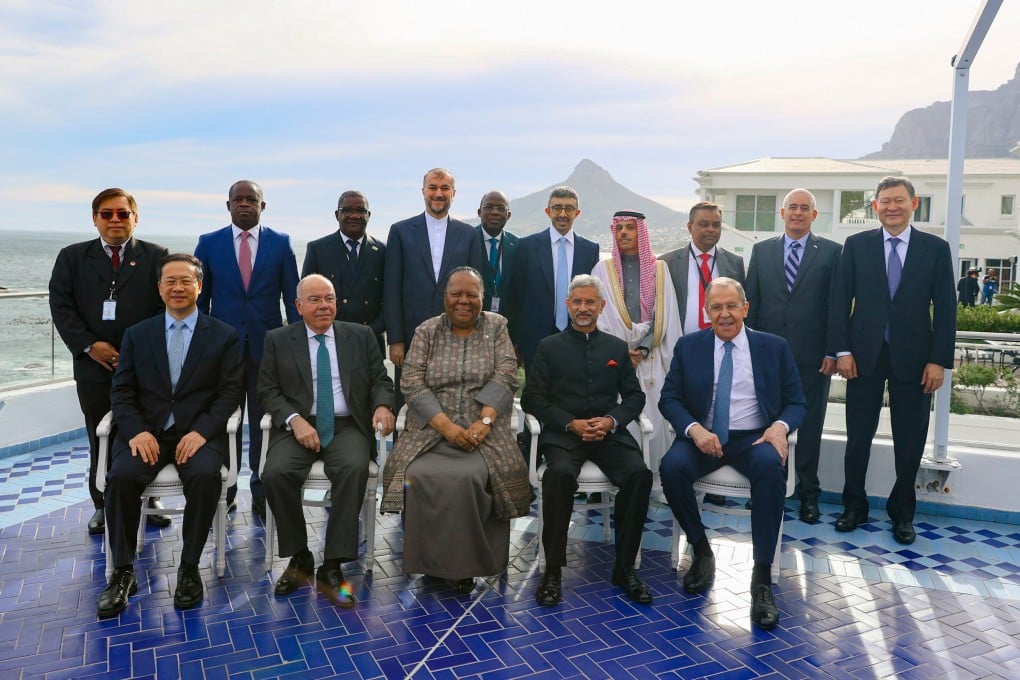Opinion | BRICS bloc has come a long way but it is not a world power, yet
- While the grouping is undoubtedly growing in relevance, an impressive GDP alone is no measure of global power and BRICS nations still trade more with the G7 than each other, in a world dominated by the dollar

But beyond the kudos each country might receive, the implications for the global balance of power is, at the moment, quite limited.
Having a strong economy is useful in acquiring power in international relations, but to say this milestone represents an epochal change of global power grossly exaggerates the importance of gross domestic product on purchasing power parity terms, or GDP (PPP).
First, GDP (PPP) is a misleading statistic to use in measuring international power as it calculates GDP relative to the cost of living in a country. When judging power, GDP in current US dollars is much more useful because it reflects current market prices. A vastly different picture emerges using this measure, with the BRICS grouping’s GDP (US dollars) at US$24.7 trillion vs the Group of 7’s US$42.7 trillion, according to the latest World Bank data.
Thus, GDP alone – whether in PPP terms or in current US dollars – tells us very little about how much economic power a country might have. Furthermore, non-state actors such as multinational corporations are also extremely important influencers in this system.

